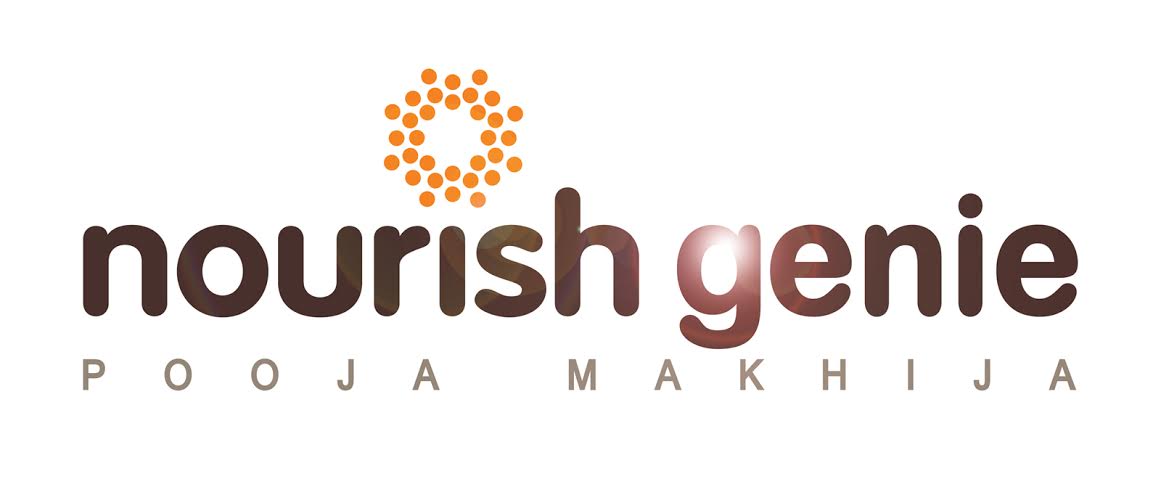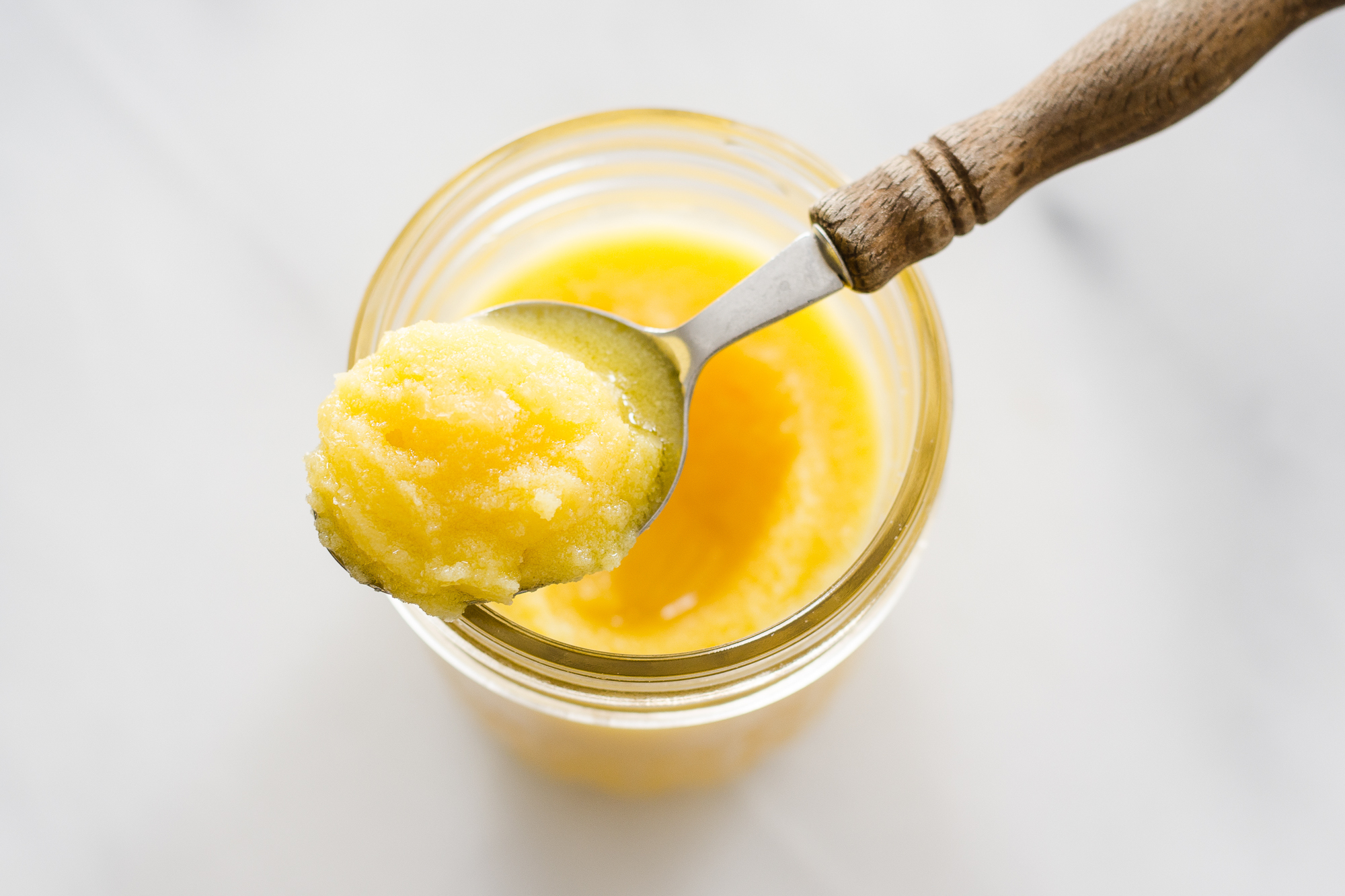Dear Pooja,
Ghee has been used in India since ancient times, when things like hardening of arteries, stroke and heart disease was much less than it is today. Is it safer to use homemade ghee rather than packaged oils
As types of fat, both oils and ghee are calorie-dense: fat has 9 calories per gram. In ancient India along with the use of ghee do remember that a lot many things were rather different than they are today – modernisation, less physical activity, more pollution, more stress, foods with lesser nutritive value, more exposure to alcohol and other injurious habits like smoking, more processed food, lack of adequate sleep, less home food, big time restaurant culture – all of these go hand in hand to be reasons for elevated coronary artery disease in today’s age. Therefore, definitely it wasn’t just the ghee that helped our ancestors’ lead far better quality of life. Having said that I would still like to highlight the fact that in moderation (1-2tsp/day inclusive in your total fat intake) ghee though is a source of saturated fats does have them in from a group that is relatively less vindictive for our heart health. A tablespoon of ghee contains 7.9grams of saturated fat of which 89 percent are short-chain fatty acids. Now these short-chain are easier to breakdown and help to strength cell membranes and produce hormones unlike the long-chain fatty acids which are associated with blood clotting and thrombosis. They key to gaining up upper edge with the use of ghee is firstly to distinguish between pure ghee and vegetable ghee (also know commonly as dalda, vanaspati or vegetable ghee). The latter are definitely a cheaper kin but is loaded with trans-fats that are extremely harmful to your heart. And mostly importantly to consume it in moderation – just because its healthy you don’t have to over-indulge in it by smearing it in everything you eat – remember it may be a healthier choice its not healthy.
Tag

